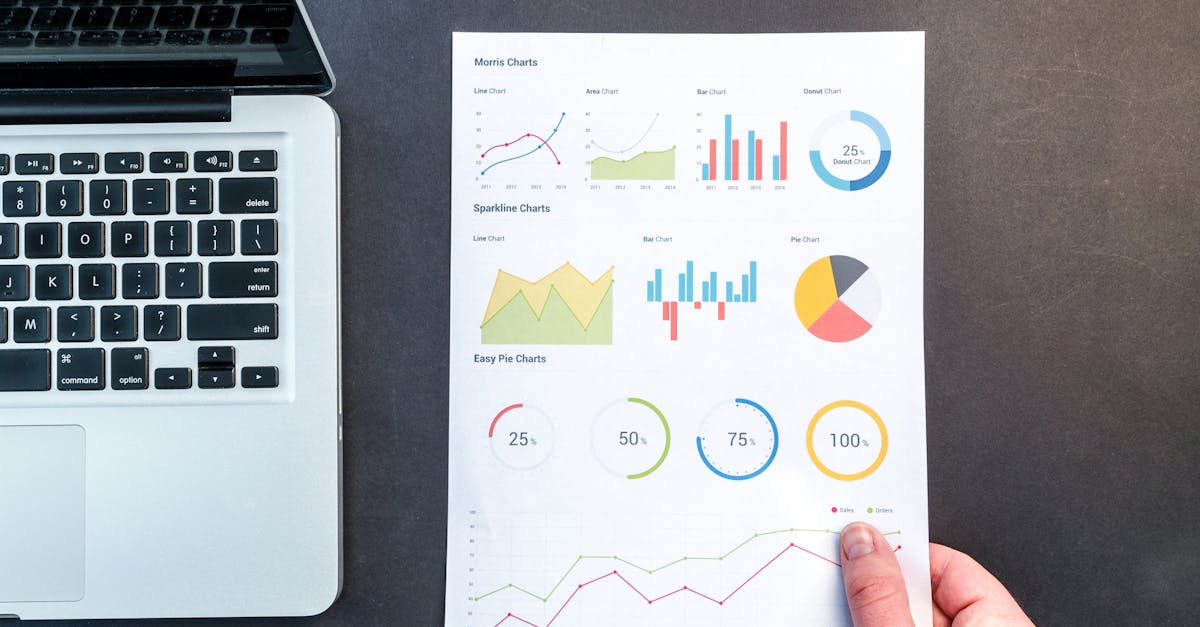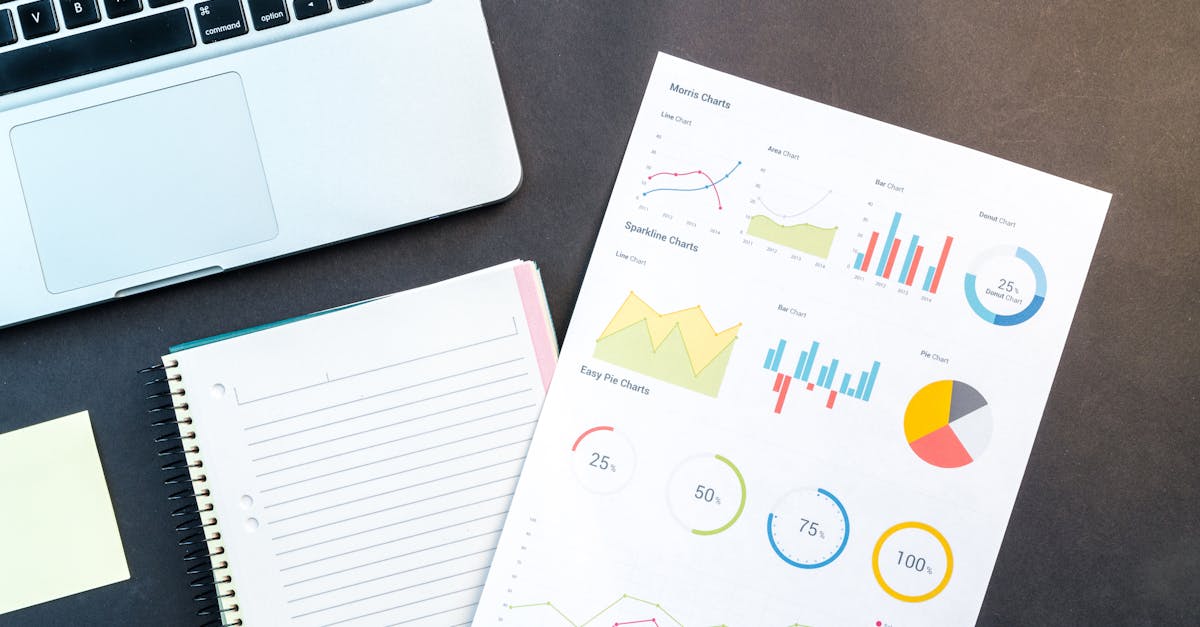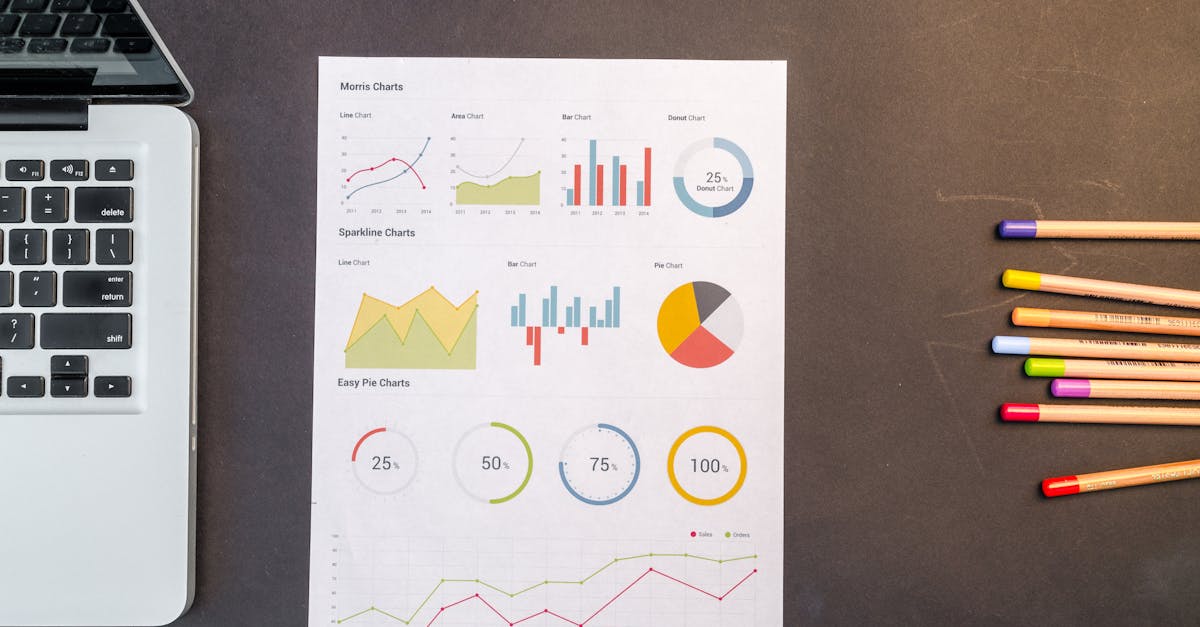
Table Of Contents
Critical Thinking
Critical thinking is pivotal in the realm of people analytics. It involves the ability to assess complex information and extract valuable insights. This skill empowers professionals to identify trends within the data, recognise patterns, and anticipate future implications. Through critical thinking, individuals can question assumptions and evaluate the quality of the data being analysed, ensuring that decisions are grounded in evidence rather than speculation.
In the context of Analytics and Reporting, critical thinking enables practitioners to communicate findings effectively to stakeholders. It allows them to translate quantitative results into actionable strategies that align with organisational goals. By framing data insights within a broader organisational context, professionals can foster informed decision-making. This ensures that the insights derived from people analytics contribute meaningfully to the workplace environment and organisational success.
Assessing Data and Drawing Conclusions
Assessing data effectively requires a structured approach. Analysts must gather relevant information from various sources to provide a comprehensive view of employee performance and organisational health. By utilising statistical tools and software, professionals can identify trends, patterns, and outliers within the data set. This process lays the foundation for accurate conclusions, which can influence decision-making processes across the organisation.
Drawing conclusions involves interpreting the data in a meaningful way that aligns with business objectives. Analysts should leverage Analytics and Reporting techniques to communicate their findings to stakeholders clearly. Providing actionable insights ensures that the data-driven outcomes are not only understood but also implemented effectively. Ultimately, this skill set helps organisations optimise their workforce and enhance overall performance.
Knowledge of HR Practices
Understanding the intricacies of human resources practices is vital for anyone involved in people analytics. HR professionals must be well-versed in recruitment, performance management, employee engagement, and retention strategies. Familiarity with these areas allows analysts to align their findings with organisational goals. Insights derived from data can lead to improved hiring processes, enhanced employee satisfaction, and a deeper understanding of workforce dynamics.
Moreover, knowledge of HR trends plays a crucial role in shaping analytics and reporting. Keeping abreast of changes in employment legislation, diversity initiatives, and workplace culture is essential for accurate analysis. Analysts can identify patterns and emerging issues within organisations by understanding the context in which data is gathered. This comprehension ultimately aids in developing actionable strategies that are both relevant and effective in addressing contemporary HR challenges.
How HR Trends Influence Analytics
HR trends significantly impact the way people analytics is approached within organisations. As businesses adapt to evolving workforce dynamics and emerging technologies, the focus on employee experience and engagement has intensified. This shift encourages HR professionals to harness analytics and reporting to gain insights into workforce behaviour and performance. By leveraging current trends, organisations can identify critical areas for improvement and drive strategic initiatives that align with overarching business objectives.
Additionally, as organisations increasingly prioritise diversity and inclusion, analytics and reporting serve as essential tools for measuring progress. Understanding demographic data helps HR teams track inclusivity efforts, enabling them to devise targeted strategies that foster a more equitable workplace. Awareness of these trends informs the design and implementation of analytics frameworks, ensuring that data-driven decisions contribute to a more inclusive and productive organisational culture.
Ethical Considerations
Ethical considerations in people analytics are crucial given the sensitive nature of employee data. Organisations must adopt a transparent approach to data collection and usage. Employees should be informed about what data is being gathered, how it is being used, and who has access to it. Implementing clear policies surrounding data privacy helps build trust with employees. By prioritising transparency, organisations can foster an environment that encourages ethical use of analytics while adhering to legal frameworks.
Compliance with regulations such as the Australian Privacy Principles is essential when engaging in analytics and reporting. This ensures that data is handled responsibly, reducing the risk of breaches that can lead to reputational damage. Training staff involved in data handling about ethical practices is also critical. Maintaining a balance between leveraging data for strategic purposes and respecting individual privacy rights is key in achieving effective people analytics.
Managing Data Privacy and Compliance
Managing data privacy and compliance in people analytics is essential for maintaining trust and integrity within an organisation. As companies collect and analyse employee data, they must adhere to legal frameworks such as the Privacy Act in Australia. Understanding regulations and ensuring that data is handled appropriately will protect both the organisation and its employees. Clear policies regarding data storage, access, and usage should be established to mitigate risks associated with breaches or unauthorised access.
Furthermore, integrating ethical considerations into analytics and reporting processes is crucial. Regular audits of data practices can help identify potential vulnerabilities and ensure that compliance measures are effective. Training staff on data privacy and the implications of misuse can foster a culture of accountability. Maintaining transparency regarding how employee data is used strengthens relationships and enhances the overall trust in the analytics capabilities of the organisation.
FAQS
What is people analytics?
People analytics refers to the method of using data analysis and statistical techniques to understand and improve HR practices and workforce management decisions.
Why is critical thinking important in people analytics?
Critical thinking is essential in people analytics because it helps professionals assess data effectively, draw meaningful conclusions, and make informed decisions based on evidence rather than assumptions.
How do HR practices influence people analytics?
Knowledge of HR practices is crucial for people analytics, as understanding the context of HR trends and frameworks allows practitioners to analyse data in a way that aligns with organisational goals and strategies.
What ethical considerations should be taken into account in people analytics?
Ethical considerations in people analytics involve managing data privacy, ensuring compliance with relevant laws and regulations, and being transparent about how employee data is used.
What skills should one develop to succeed in people analytics?
To succeed in people analytics, one should develop critical thinking, data analysis skills, an understanding of HR practices, knowledge of ethical standards, and the ability to communicate findings effectively.

















































